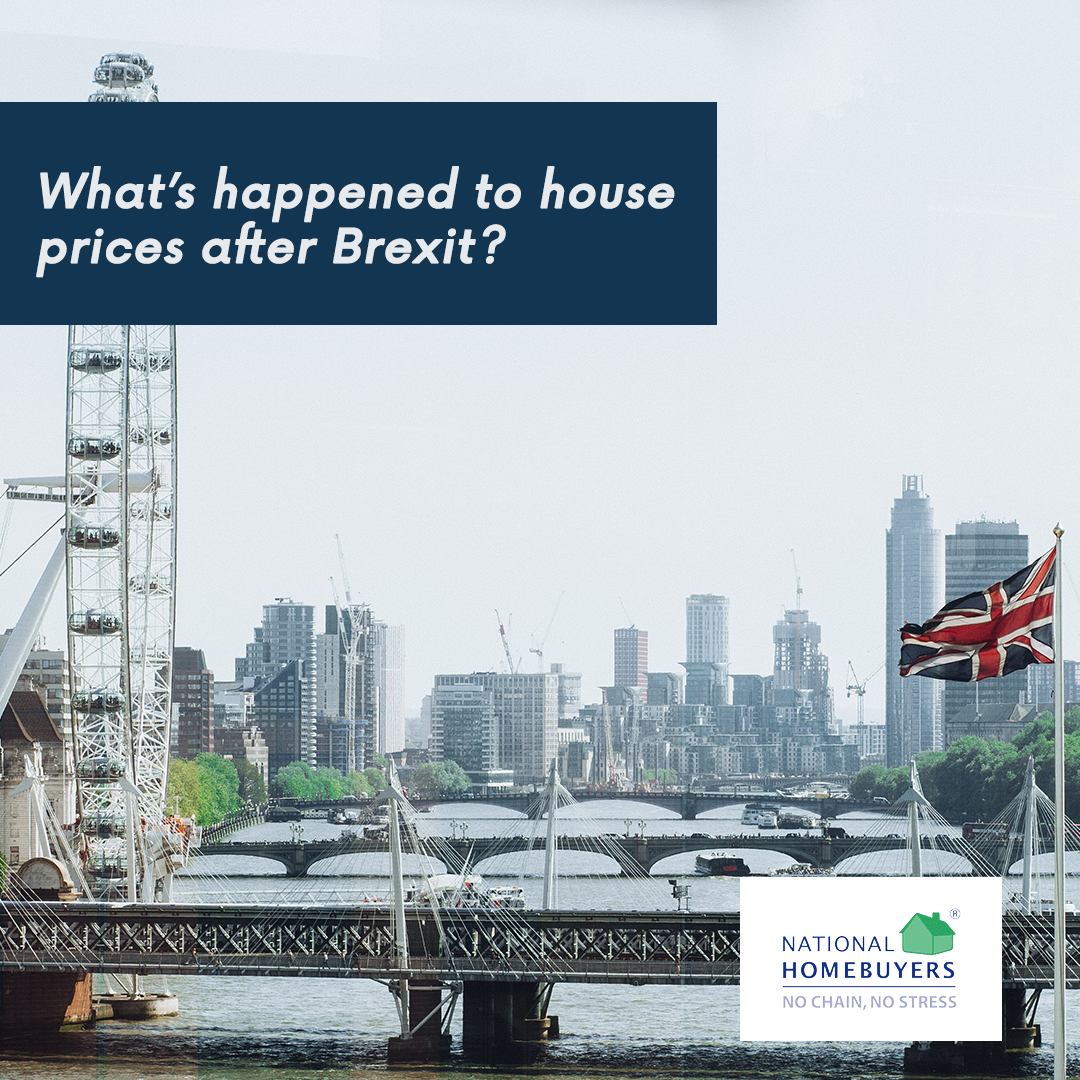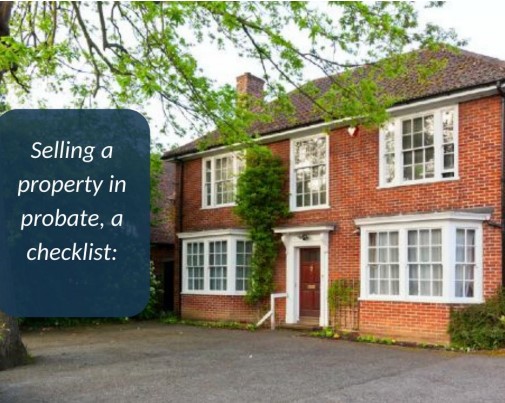What’s happened to house prices after Brexit?
Whatever your political views on the five years since the UK Referendum, it’s important to understand what’s happened to house prices after Brexit whether you’re considering buying or selling a property.
But planning for the future has been made much harder due to the impact of the coronavirus pandemic. The switch to working from home for many people, and the Government responses to a slowing housing market by cutting stamp duty, mean that it’s much harder to identify exactly what role Brexit has had so far on buying and selling UK property.
Both ongoing Brexit negotiations and the Covid-19 pandemic will be affecting the housing market for some time. But what does it mean if you’re looking to buy or sell a house over the next few months or years?
How has Brexit affected UK house prices so far?
The UK House Price Index is calculated by the ONS using data from HM Land Registry, and the equivalents for Scotland and Northern Ireland. It shows that the average price for all property across the UK in June 2016 was £212, 887, and it’s now at £264,244, with detached and semi-detached properties rising the most over that period.
But that doesn’t reveal the complete picture. House prices typically grew by between 5-8% across the UK in the years immediately prior to the EU referendum. Since then, the annual rate of change has dropped to between 1-3%. But the number of housing transactions and to complete a sale has been remarkably resilient despite previous predictions.
Part of the reason has been the impact of Covid-19, and the responses of the UK Government. With many people required to work from home during lockdowns, this led to greater interest in houses and properties outside city centres, and particularly those with outside space. For example, the biggest price rises include detached and semi-detached houses close to the centre of London, or within short commutes.
Economists Paul Cheshire, Christian Hilber and Olivier Schoni reported on the impact of Covid in a report titled The Pandemic and the Housing Market: A British Story, which examined the rise in demand and prices for properties offering more space, and a fall in interest and prices for flats across the country.
The other driver of house prices has been a holiday on stamp duty first announced by the Government in July 2020 and twice extended until 1st October 2021. This meant buyers were exempt from paying stamp duty on the first £500,000 of a property, potentially saving up to £15,000 in tax, and led to record increases in prices, along with a surge in demand.
Some analysis suggests this was predominantly from private landlords and second home buyers due to a large increase in buy-to-let mortgages, but the government has also introduced a new mortgage guarantee scheme. This is open to new 95% mortgages until December 31st, 2022, as a way to potentially help more first-time buyers get on the property ladder.
How could Brexit impact UK house prices in 2022 and beyond?
Ultimately, the only way to stay current is to regularly check on the value of your property, and recently sold houses in your area. Fortunately, it’s quick and easy to do that by using our free property value estimator, and sold house values by postcode.
The Office for Budget Responsibility (OBR) last released a forecast in March 2021, predicting a sharp slump in house price growth from the end of 2021. The ONS and OBR data suggests prices will actually fall to a low in the Summer of 2022, before gradually recovering by around the end of 2024.
So, if you’re thinking of selling your house, it might pay off to move quickly if possible. The Centre for Economics and Business Research has been predicting a 14% drop in house prices following the removal of the stamp duty holiday, and a resumption in mortgage repossessions and landlord evictions which limited the supply of properties. As pent-up demand levels off, and the potential for higher taxes and bills in the coming months, many people might also start to reconsider their financial situation, and whether they’re able to invest in a new property.
As the impact of Covid lessens, we’ll be able to see more clearly what’s happened to house prices after Brexit. Rental costs have already dropped in some cities across the UK, and the predictions are that it will be London and the South East most likely to experience a downturn in house prices in the next few years. Particularly if the current availability of competitive mortgage rates is impacted by inflation or recession.
Until now, the housing market has proven to be surprisingly resilient. But if you’re planning to move in the next few months or years, it’ll be advantageous to do your research, keep an eye on changes to sold prices, and be ready to move quickly when you think the time is right.






